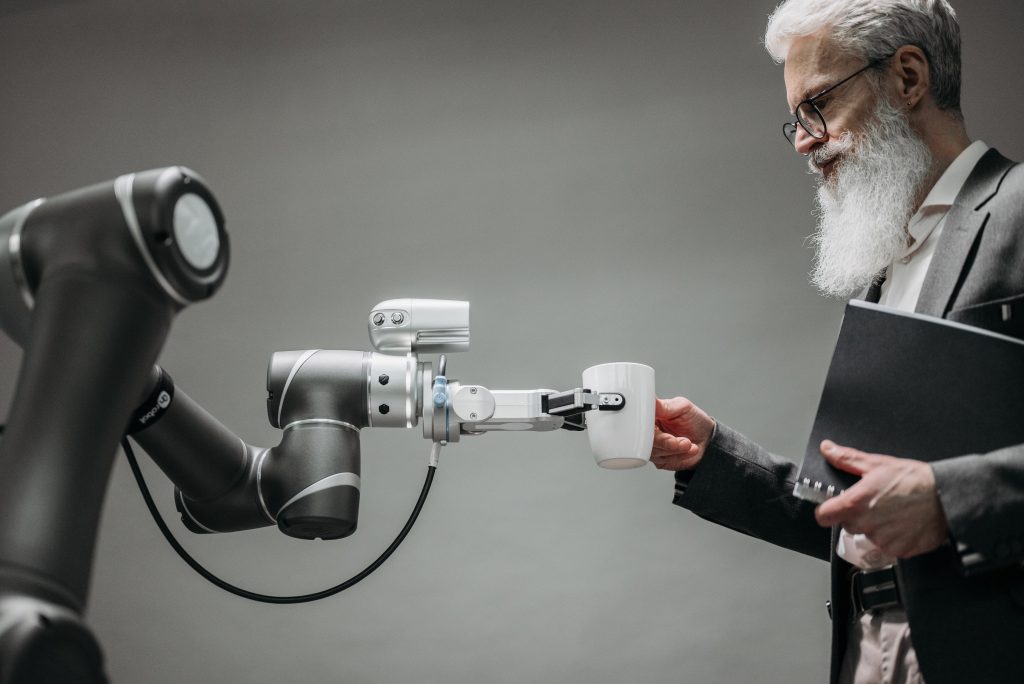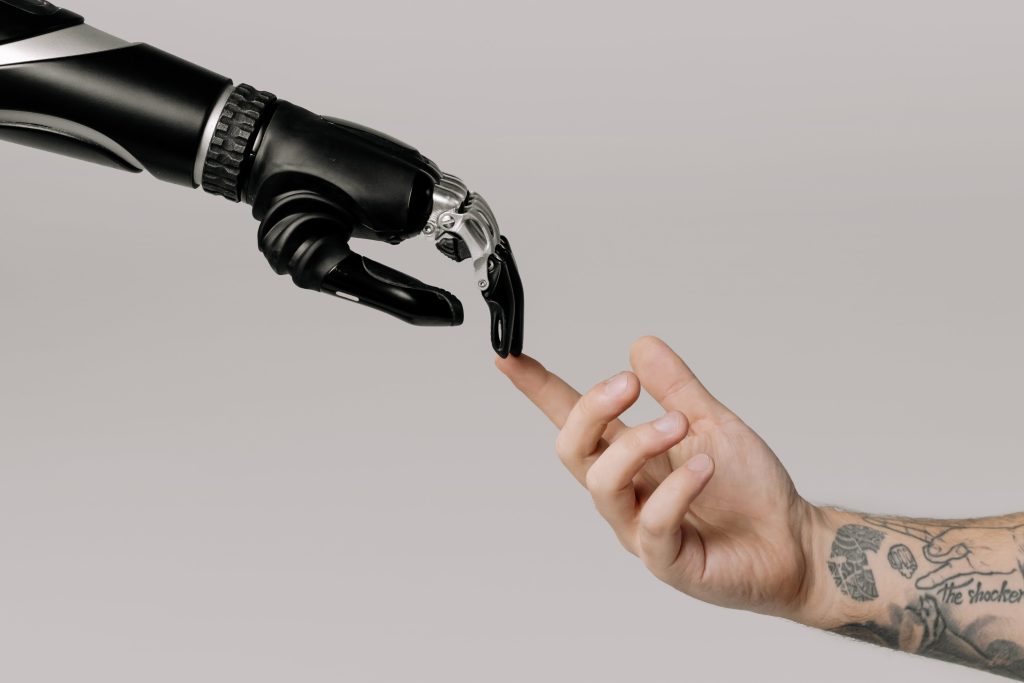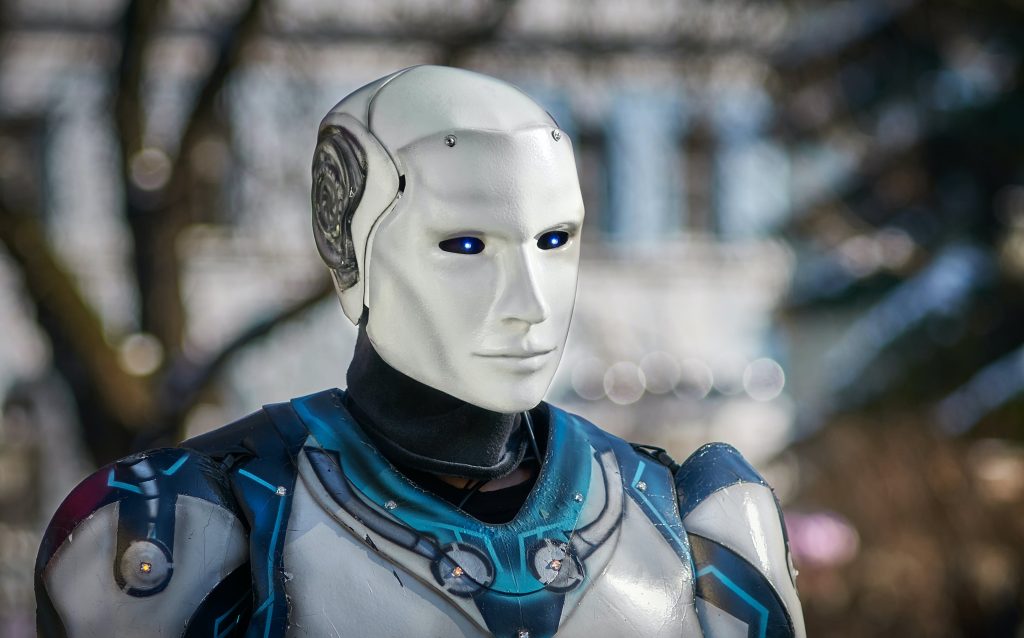New technologies have greatly changed the automotive industry, such as electric cars and advanced safety features. However, the next wave of disruption is set to come from the rise of Artificial Intelligence (AI). AI is set to revolutionise driving and car interaction through its data analysis, decision-making, and adaptability. From self-driving vehicles to enhanced user experiences, the potential applications of AI in the automotive sector are vast and game-changing. This article examines how AI will shape the future of cars. It discusses its current uses, potential advancements, and the impact it will have on the industry and society. Understanding AI’s role in the automotive world is important as it becomes more integrated into our daily lives. It helps us stay informed and ready for future changes.
Enhancing safety and efficiency: AI in cars.
AI technology has made significant advancements in the automotive industry, particularly in the realm of safety and efficiency. By incorporating AI algorithms and machine learning capabilities into vehicles, manufacturers have been able to revolutionise the driving experience. AI-powered systems can analyze vast amounts of data in real time, allowing for improved decision-making and enhancing overall road safety. For instance, AI can detect potential collision risks, monitor driver behaviour, and provide proactive warnings or interventions to prevent accidents. Additionally, AI can optimise fuel consumption, route planning, and traffic management, leading to more efficient and eco-friendly transportation. AI in cars means vehicles can adapt, learn, and improve for safer and more efficient travel.
Changing the way we drive: AI innovation.
Driving has changed a lot due to AI improvements. AI is changing the car industry by improving our interaction with vehicles. Intelligent systems can help drivers and even drive for us. AI has made driving safer, more efficient, and more enjoyable. AI allows vehicles to understand their environment, make smart choices, and handle difficult situations more effectively than before. AI is advancing and has the power to transform transportation, enhancing safety and improving travel experiences.

Simplifying navigation and maintenance: AI technology.
AI is being used in the automotive industry to simplify navigation and maintenance. AI navigation systems are changing how we travel. They analyse traffic, weather, and user preferences to give us the best routes. This helps us avoid traffic and save time. AI algorithms can learn and adapt based on user behaviour to provide personalised recommendations for nearby attractions, restaurants, and gas stations. AI helps with maintenance by monitoring vehicle parts, identifying possible problems, and notifying drivers, so they can fix them before a big issue happens. This proactive approach not only enhances vehicle longevity but also minimises the risk of unexpected malfunctions on the road. AI technology simplifies navigation and maintenance, making driving more convenient. This empowers us to use our time on the road efficiently.

Revolutionising the automotive industry: AI integration.
The integration of AI in the automotive industry is poised to revolutionise the way we interact with our vehicles. AI systems use advanced machine learning algorithms to understand and respond to human commands, improving the driving experience. From voice-activated controls to gesture recognition, these AI-powered features enhance safety by minimising driver distraction and allowing for hands-free operation. AI can improve autonomous driving, enabling cars to handle challenging road conditions and make quick decisions for passenger safety. AI integration is transforming the automotive industry, making vehicles more than just transportation tools, but also intelligent companions on our trips.
